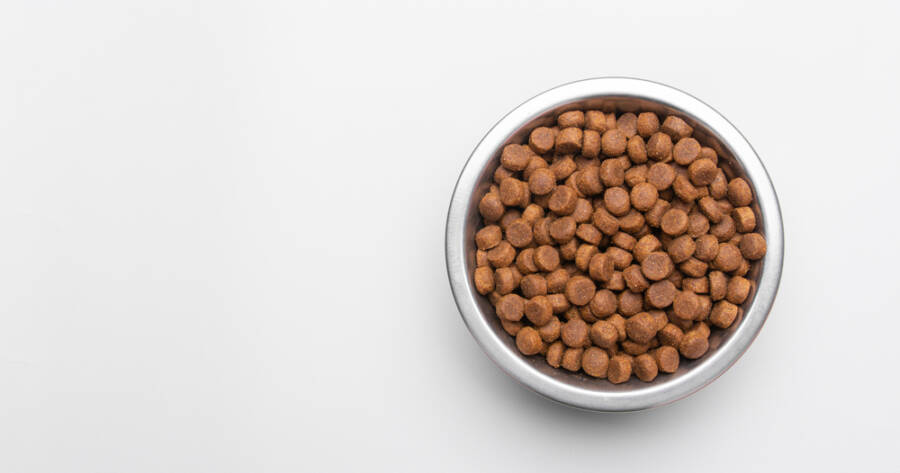Providing the best care for our furry companions is a priority for many pet owners. One of the key components to ensuring their well-being and longevity is nutrition. A well-balanced diet has been linked to the potential for not only keeping your pet active but also possibly extending their lifespan. By understanding what nutritional factors might benefit your pet, you can help create an environment where they can thrive.
Understanding Your Pet’s Nutritional Needs
Every pet has unique dietary requirements that depend on factors such as species, age, size, and health status. Cats, dogs, rabbits, and birds, for instance, all have different nutrient profiles that may benefit them.
Proteins often serve as the building blocks for growth and repair, while fats can provide energy. Carbohydrates might play a role in fueling daily activities, though their necessity may vary among species. Consulting with a veterinarian could provide insight into what specific nutrients your pet may need.
The Importance of a Balanced Diet
A balanced diet is usually crucial for the overall health of pets. This often involves a combination of macronutrients (proteins, fats, and carbohydrates) and micronutrients (vitamins and minerals).
Balanced commercial pet foods can generally provide a complete nutrient profile, but some pets might do better with custom diets that address their particular health issues or preferences. These could involve a mix of commercial and fresh foods. Nevertheless, any dietary change should ideally be discussed with a veterinarian to avoid potential deficiencies or excesses.
The Role of Hydration
Hydration might be as essential as a nutritious diet for a pet’s well-being. Fresh water should normally be available at all times to prevent dehydration, which could affect organ function and energy levels. In some cases, especially where animals are on dry food diets, additional hydration might be necessary.
Some pets could also benefit from wet food, which inherently contains more water, potentially aiding in hydration. Monitoring your pet’s water intake might be a useful indicator of their overall health.
Deciphering Pet Food Labels
Understanding pet food labels is often critical to making informed choices about what you feed your furry friend. Labels can provide information about ingredients, nutritional analysis, and feeding guidelines.
High-quality pet foods may list a named protein source, like chicken or salmon, as the first ingredient, which could be an indicator of the product’s overall quality. However, interpretation can sometimes be complex, so it’s generally a good idea to research ingredients and consult professionals if uncertain.
Avoiding Harmful Ingredients
While some human foods might be safe for pets in moderation, others can be harmful or even toxic. Ingredients like chocolate, grapes, onions, and certain artificial sweeteners, such as xylitol, should potentially be avoided.
Furthermore, excess salt and sugar are generally not recommended. Pay critical attention to pet food recalls and updates from veterinary advisories to ensure that what you are feeding remains beneficial and non-toxic.
Supplements: Are They Necessary?
Pet supplements may play a role in managing certain health conditions or nutritional deficiencies, though they should typically be used with caution. Omega-3 fatty acids, joint support supplements, and probiotics are among some options that may be beneficial depending on your pet’s needs.
However, over-supplementation could sometimes lead to imbalances or health issues. Professional guidance might be key in deciding whether supplements are appropriate for your pet.
Tailoring Diets for Specific Health Conditions
Pets with specific health issues, such as obesity, diabetes, or kidney problems, may require specialized diets. Weight management diets might help maintain an ideal weight and prevent related health issues.
Low-phosphorus diets could support kidney health, and grain-free formulations might benefit pets with certain allergies or sensitivities. Discussing these conditions with a veterinarian could help outline an appropriate dietary strategy tailored to your pet’s necessities.
Monitoring and Adjusting Diets Over Time
As pets age or experience changes in health, their nutritional needs might evolve. Regular monitoring of their weight, coat condition, energy levels, and overall health can provide clues about their dietary needs.
Adjustments may be necessary, and periodic veterinary consultations can aid in keeping their diet aligned with their current life stage and health requirements.
Providing a Path to Longer, Healthier Lives
While no diet can guarantee longevity, providing a balanced and nutritionally complete diet may be one way to support your pet’s health. Tailoring their nutrition by considering individual needs, potential health conditions, and necessary dietary adjustments could create a robust foundation for their wellness.
Engaging with veterinary professionals may further refine their dietary plan, contributing to the possibility of a happier, healthier, and potentially longer life for your treasured companion.

